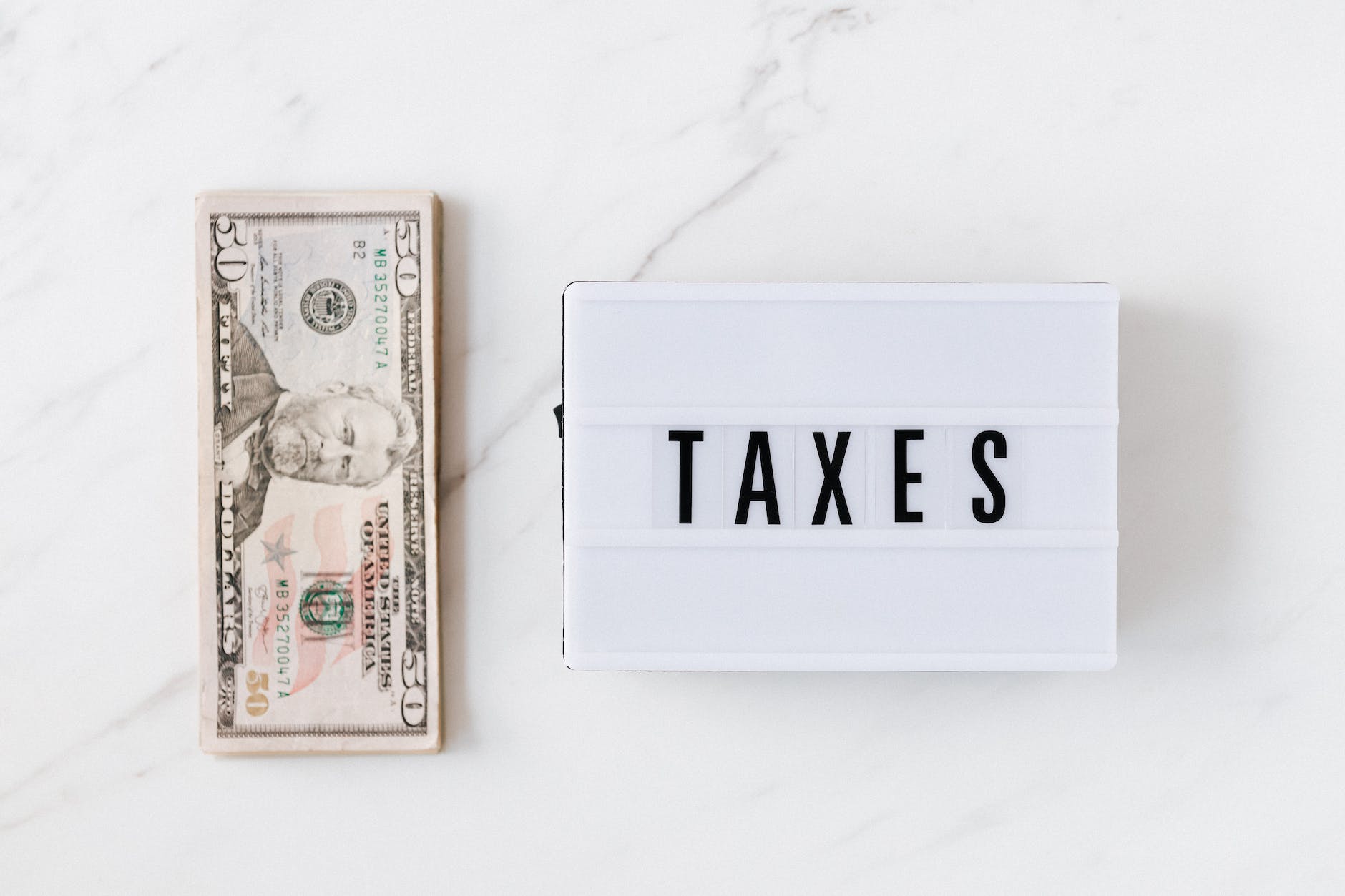
The Let Property Campaign has enabled thousands of landowners with hidden rental income to come forward and take advantage of favorable tax treatment.
After receiving a letter from HMRC asking them to come forward, more than 16,000 landlords used the disclosure tool in 2018–19, according to an analysis of HMRC data. HMRC recovered £42 million in total in 2018–19, more than double the £21 million seen in 2017–18.
HMRC delivered a sizable number of “Let Property Campaign” letters to landlords and other buy-to-let investors with unreported rental income throughout 2018 and 2019. This letter-writing campaign primarily targets unintentional landlords with one or two rental units.
Purpose of the Campaign
The campaign effort is directed primarily at landlords of residential property. Although HMRC has less than 500,000 landlords listed on its official books, it estimates there may be up to 1.5 million landlords in the UK. In light of this, it makes sense that HMRC would want to find the roughly one million “missing” landlords.
HMRC first stated that the campaign would run for at least 18 months, but I believe it could last for years at the current rate. In the past several months, it has written to roughly 50,000 people who should be submitting information about their property income, according to HMRC’s records. It will take some time to evaluate this initial “few” before deciding how to proceed with the other (about) 950,000 applicants.
Undeclared Rental Income

The Let Property Campaign is intended to persuade landlords with hidden rental income to come forward and regularise their tax affairs on advantageous terms, much like other voluntary tax disclosure options. Lower fines and manageable payment schedules are frequently negotiable with the proper legal counsel.
With a Prompted Let Property Campaign letter, HMRC is actively pursuing landlords they know have unreported rental revenue.
HMRC sent a sizable number of “Let Property Campaign” letters to landlords and other buy-to-let investors with unreported rental income throughout July and August 2018, 2019, and 2020.
How HMRC Traces the Landlords
HMRC relies on a range of readily available information to find landlords who have not disclosed rental income. A profile of each taxpayer’s total income is created by HMRC’s cutting-edge analytical computer system, “Connect,” using data from several public and private sources, such as HM Land Registry and the Tenancy Deposit Scheme.
Birmingham has the largest concentration of landlords using unreported rental income, with Leicester coming in second, according to data provided by HMRC. The best location in London is South East.
Additionally, statutory notices requesting information about the rents collected on behalf of private landlords have been sent to letting brokers. If an agent misses the first deadline, they are subject to a £300 initial fine and a potential daily additional fine of £60.
Is Any Tax Due?

In essence, since interest and penalties are typically based on the amount of tax underpaid, they may also be avoided if there is no additional tax burden. According to the legislation, if there is no net income tax liability, there is no requirement to notify HMRC of any rental income (see TMA 1970, s. 7; HMRC’s Self-Assessment handbook SALF210).
Property owners should think about:
Rent-a-Room Scheme: A rent-a-room scheme involves someone taking in a lodger or comparable. In certain situations, gross rental income must be greater than £4,250 per year to be taxable; otherwise, it may be disregarded. Renting a room is optional; you can utilise the standard procedures for deductible expenses if they produce better results. HMRC’s Property Income handbook (at PIM4001 et seq.) contains the specifics.
Personal Allowance: The personal allowance is presently £10,000, which may be more than enough where a taxpayer has no other significant sources of income. Rent-a-room schemes generally involve someone taking in a room. But keep in mind that it wasn’t always that giving.
Joint Investment: Even though there is only one legal owner, for instance, it may be a mutual investment, and the net income should be divided among two or more taxpayers, thus resulting in the availability of two or more personal allowances. Did the money or deposit come from a joint account if you were married? Did both partners participate in the negotiations? Was the net profit divided among them?

Ensure all expenses have been reported, even though it may seem obvious, to minimise tax exposure and, consequently, penalties and interest exposure—possibly to zero. Costs that are frequently forgotten about include:
- Pre-letting expenditures, assuming they do not involve capital outlays, including office supplies and travel charges for viewing properties or attending meetings.
- Capital allowances on office supplies and, if used for business, a car (but keep in mind that when there is both personal and commercial use, a portion should be excluded).
Last Date of Let Property Campaign
The Let Property Campaign has not yet set a deadline for disclosing information. The Liechtenstein Transparency Facility and other such tax disclosure programmes have abruptly ended. Then, HMRC targets people who ought to have told but didn’t do so using the data they had on hand. To negotiate the best conditions, those with unreported rental income should voluntarily disclose it as soon as possible.
How Can You Take Advantage of The Campaign?
The Let Property Campaign provides excellent conditions to organise your tax affairs. By letting HMRC know that you want to participate and working with them to make a full disclosure and payment, you can benefit from this.
You can inform HMRC of the penalty amount you think should be paid when you make your disclosure. You’ll have to pay a certain amount depending on why you didn’t report your income. You will incur a heavier fine if you purposely withhold information from HMRC rather than accidentally.
Depending on your situation, you may be able to spread your payments out if you cannot pay your debt in full at once.
How Can Legend Financial help?
We have extensive experience handling voluntary tax disclosures and investigations as one of the best firms of Chartered Accountants and Tax Advisers in Hounslow, London. We have the skills and knowledge to minimise the potential penalties and negotiate affordable repayments term.